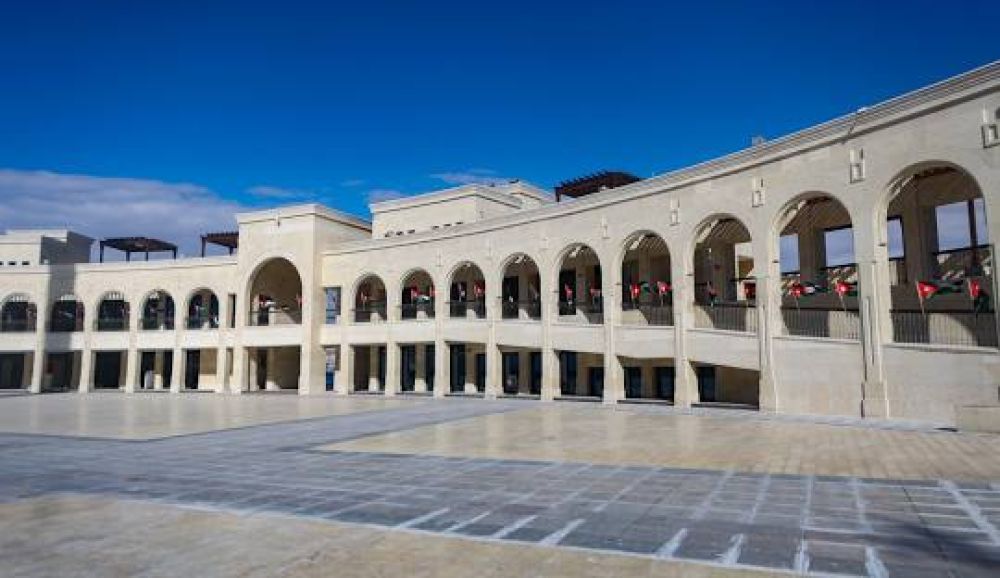

Arab Revolt Plaza, located in the heart of Aqaba, is not merely a modern public square but also a significant landmark that pays homage to the history of the Arab Revolt during World War I. The history of tourism in Aqaba, and at the Arab Revolt Plaza in particular, is deeply intertwined with both the rich heritage of the region and the city’s development as a coveted tourist destination.
The Arab Revolt, which took place between 1916 and 1918, was a pivotal event in Arab history that sought the independence of Arab lands from Ottoman Turkish rule. This revolt was famously led by Sharif Hussein bin Ali, the emir of Mecca, and his sons, in collaboration with British officer T.E. Lawrence, also known as Lawrence of Arabia. The plaza commemorates this clarion call for Arab nationalism and unity.
The roots of tourism in Aqaba can be traced back to its rich historical narrative and status as Jordan's only coastal city. Aqaba's transformation into a tourist destination began in earnest with the development of its transport infrastructure and its designation as a special economic zone in the early 2000s, which fostered an environment propitious for tourism and international investment.
Today, the Arab Revolt Plaza serves as both a celebration of Aqaba's history and a modern-day gathering place for tourists and locals alike. The plaza features the iconic Great Arab Revolt Flagpole, one of the tallest flagpoles in the world, which proudly displays the flag of the Arab Revolt—a symbol of the struggle for Arab independence and a major draw for tourists visiting the seaside city.
Visitors to the Arab Revolt Plaza can indulge in a variety of activities. From visiting the nearby Aqaba Heritage Museum to enjoying the vibrant local markets and eateries, the area offers a blend of cultural experiences. Additionally, the plaza is a stone's throw away from Aqaba's famous beaches and luxury resorts, making it a perfect spot for leisure and relaxation.
Aqaba and the Arab Revolt Plaza are seeing a surge in sustainable tourism initiatives as travelers increasingly seek experiences that are environmentally responsible and culturally respectful. Moreover, the rise of adventure tourism has brought more visitors to Aqaba for activities such as scuba diving in the Red Sea's coral reefs and exploring the nearby desert landscapes of Wadi Rum.
The Arab Revolt Plaza remains a testimony to Aqaba's historical richness and evolution as a premier travel destination. Its fusion of historical reverence with modern-day allure ensures that it continues to be a cornerstone of tourism in Jordan, inviting travelers from all over the world to explore its layered narrative and celebrate the spirit of the Arab Revolt.